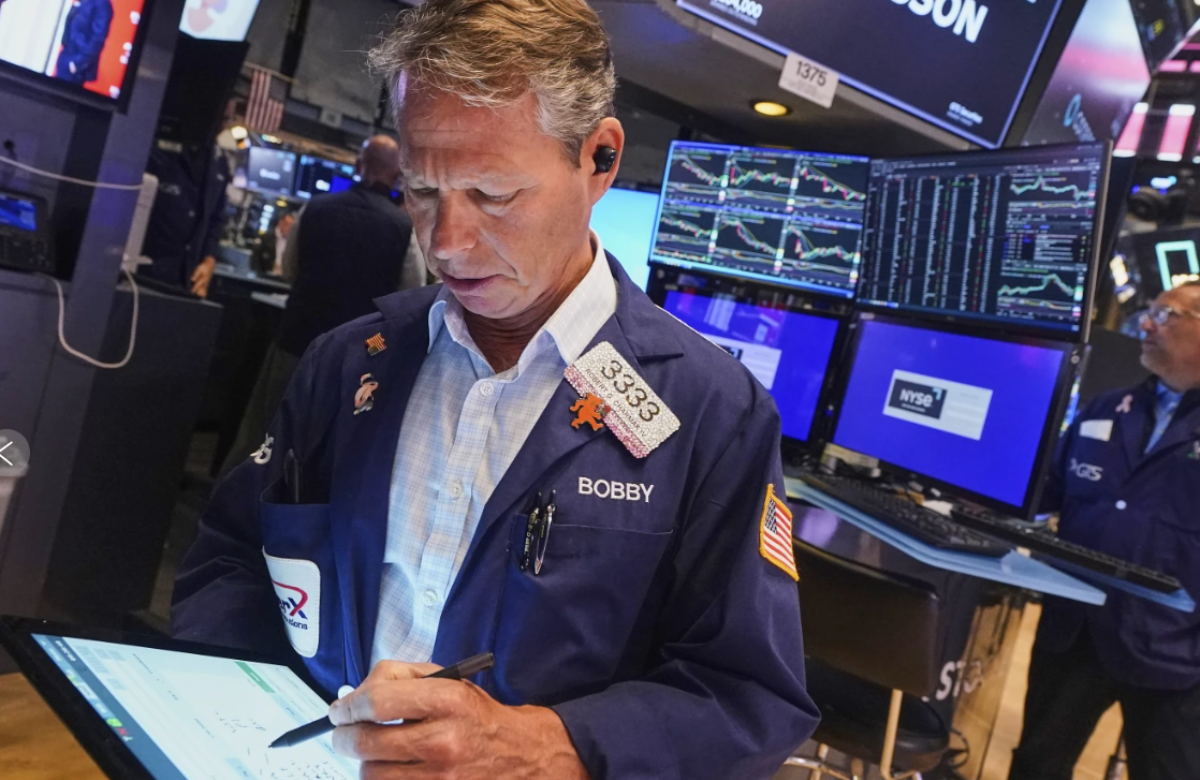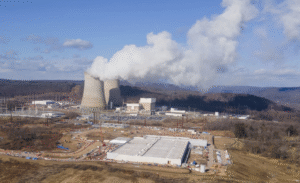U.S. stock indexes showed mixed performance by midday Tuesday, rebounding slightly after a sharp sell-off triggered by the Trump administration’s announcement of new tariffs on imports from over a dozen countries. These tariffs are scheduled to take effect on August 1.
The S&P 500 rose 0.1%, recovering slightly after suffering its worst loss since June during Monday’s session. Despite the dip, the benchmark index remains close to its all-time high reached last week. Meanwhile, the Dow Jones Industrial Average dipped 31 points, or 0.1%, around 12:32 p.m. Eastern time, and the Nasdaq Composite inched up 0.2%.
On Monday, former President Donald Trump announced a 25% tariff on goods from Japan and South Korea, along with revised tariff rates on imports from a dozen other countries. The announcement came in the form of open letters posted on his Truth Social account, warning foreign leaders not to retaliate with their own tariff hikes—or risk further penalties from the U.S.
Earlier this year, Trump postponed a broad set of tariffs targeting imports from nearly every country, offering a 90-day pause to allow time for new trade negotiations. That period was set to expire midweek, and the new August 1 date effectively extends the grace period by about four weeks.
Analyst Tobin Marcus from Wolfe Research noted that although the letters themselves didn’t enact any immediate changes, they indicate a more aggressive stance in the ongoing trade disputes. “At a basic level, nothing material happened with the letters, so the market need not panic,” he wrote. “But the signal from the administration is largely hawkish.”
Markets remain wary that escalating tariffs could dampen global economic growth and potentially push the U.S. closer to a recession.
Gains in health care and technology stocks helped stabilize the broader market. Intel jumped 6.3%, and Eli Lilly climbed 2.3%. However, financial stocks lagged behind, with JPMorgan down 3.7% and Bank of America falling 3.1%.
Amazon dropped 1.1% as it kicked off its extended Prime Day event, now lasting four days instead of the traditional two. The annual sales event was first introduced in 2015.
In other company news, shares of First Solar slid 4.6% after Trump signed an executive order cutting off subsidies for energy firms with foreign ownership. Hershey Co. dropped 3.1% following news that Wendy’s CEO Kirk Tanner will take over leadership as Michele Buck retires.
WW International, the parent of WeightWatchers, gained 1.1% after finalizing its reorganization and Nasdaq relisting. The company had filed for Chapter 11 bankruptcy in May to restructure $1.15 billion in debt and pivot toward telehealth services.
In the bond market, yields moved higher. The 10-year Treasury yield rose to 4.42% from 4.39% on Monday.
This week’s market pullback follows a strong rally that pushed major indexes to record highs last week, fueled in part by a strong U.S. jobs report.
Globally, stock markets were mostly higher. South Korea’s Kospi jumped 1.8%, and Hong Kong’s Hang Seng gained 1.1%.
Oil prices climbed, with U.S. benchmark crude and Brent crude each up 0.9%.
Meanwhile, the National Federation of Independent Business reported that its small business optimism index slipped slightly last month, aligning with economists’ expectations. The report reflects small firms’ views on the economy and their business outlook.
Looking ahead, investors will be watching closely on Wednesday when the Federal Reserve releases minutes from its latest policy meeting. Fed Chair Jerome Powell has signaled a cautious approach, waiting to see how the tariffs impact inflation and growth before making further decisions on interest rates.
Also Read:
Wall Street Declines as Trump Targets Trade Partners with New Tariffs














